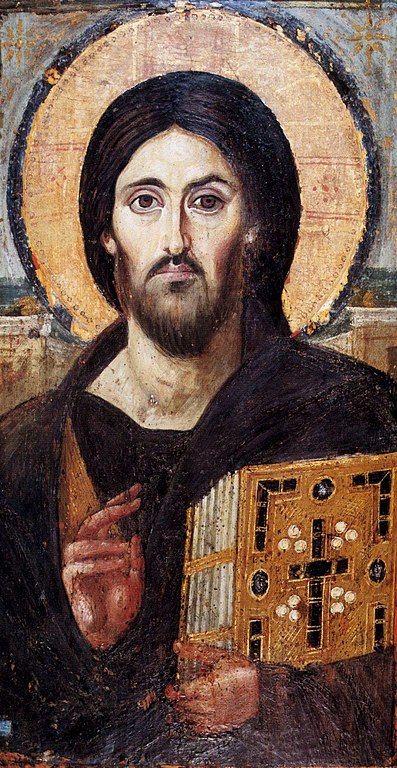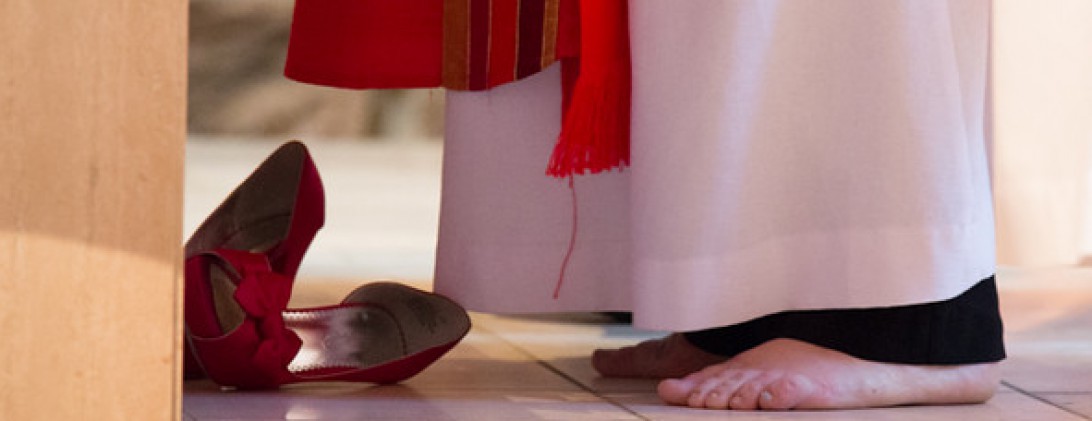It’s been a long time since I’ve posted anything here. This is something I wrote for my church newsletter, and I hope it translates to this space. I am, this time of year especially, grateful to Graeme Thompson for giving me a great love of W.H. Auden (and a 1st Edition of For the Time Being, which sits on my bedside table during Advent and Christmas). Anyhoo…a few Advent thoughts…
I’m never ready for Advent. My house is a mess, I have no idea what to buy my step-father for Christmas, and my calendar feels full to bursting. I have these notions, these visions of reading Scripture and theology and poetry by the fire. But by the time I get home, I’m lucky if I read the grocery list. And yet, Advent never fails to arrive. And when it does, as it did on Sunday, I find myself swept up into the mystery of it all.
Advent is, by its very nature, disruptive. It joins the hopeful, wonder-filled expectation of the Holy Child, the Word made Flesh, with the apocalyptic images and promises of the return of Christ Pantocrator, Ruler of All, Sustainer of the World. Advent calls us to examine our lives and our relationship to God and to the world. It invites us to be awake, to be attentive to God’s action in the world, and alert to signs of God’s return.

Image: This image is the oldest known icon of Christ Pantocrator and is found at St. Catherine’s Monastery in Sinai.
My favorite Advent hymn, Lo He Comes with Clouds Descending co-mingles images of Holy Week and the Second Coming of Christ. This is not the sweet tableau of a baby surrounded by wise men. It is the wildness of God that cannot and will not be tamed. And yet the baby is coming. Again and anew. If we allow it, Advent draws us into a liminal in between space where we recognize that God is at once doing a familiar thing, a new thing and that we are a part of.
But, if I am being completely honest, I find myself wrapped up in Advent because I recognize my mortality, my earth-bound nature, my aging body, my creaking bones. Advent invites us to be curious about who we are as fragile, breakable humans in relationship to the Divine, who comes for us and to us as Love. Some years ago, at my parish in Chicago, we formed a speech choir that performed every Advent W.H. Auden’s piece For the Time Being: A Christmas Oratorio. Auden’s work is more than a simple poem. It’s designed to be spoken aloud, with chorus and solos and oftentimes in my head and heart I hear the poem as read by choruses of shepherds and magi. The line that keeps coming back to me is we who must die demand a miracle.
We who must die demand a miracle.
We humans seek a miracle. We mortals are desperate for a miracle. And I don’t know about you, but I don’t even know what it is that I’m seeking. But I do know that somehow, by the grace of God, it comes to us, in holy, disruptive, untamed ways, sometimes crying in the night, like a hungry baby.
From For the Time Being: A Christmas Oratorio by W. H. Auden
The Pilgrim Way has led to the Abyss.
Was it to meet such grinning evidence
We left our richly odoured ignorance?
Was the triumphant answer to be this?
The Pilgrim Way has led to the Abyss.
We who must die demand a miracle.
How could the Eternal do a temporal act,
The Infinite become a finite fact?
Nothing can save us that is possible:
We who must die demand a miracle.
